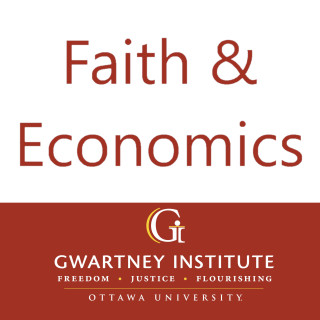No transcript available for this episode.


Nearly 3 in 4 Americans think more people should start using a budgeting app, according to a recent WalletHub survey - do you agree? Peter and Russ both agree that a budget is critical component for financial success. Listen to them lay out why this is so important as it relates to spending, investing, and giving. Is it biblically sound to invest your money rather than giving it to the church? Does a Christian’s budget look different than other budgets? How should spouses communicate money issues with each other? Join the team in tackling these questions and more.